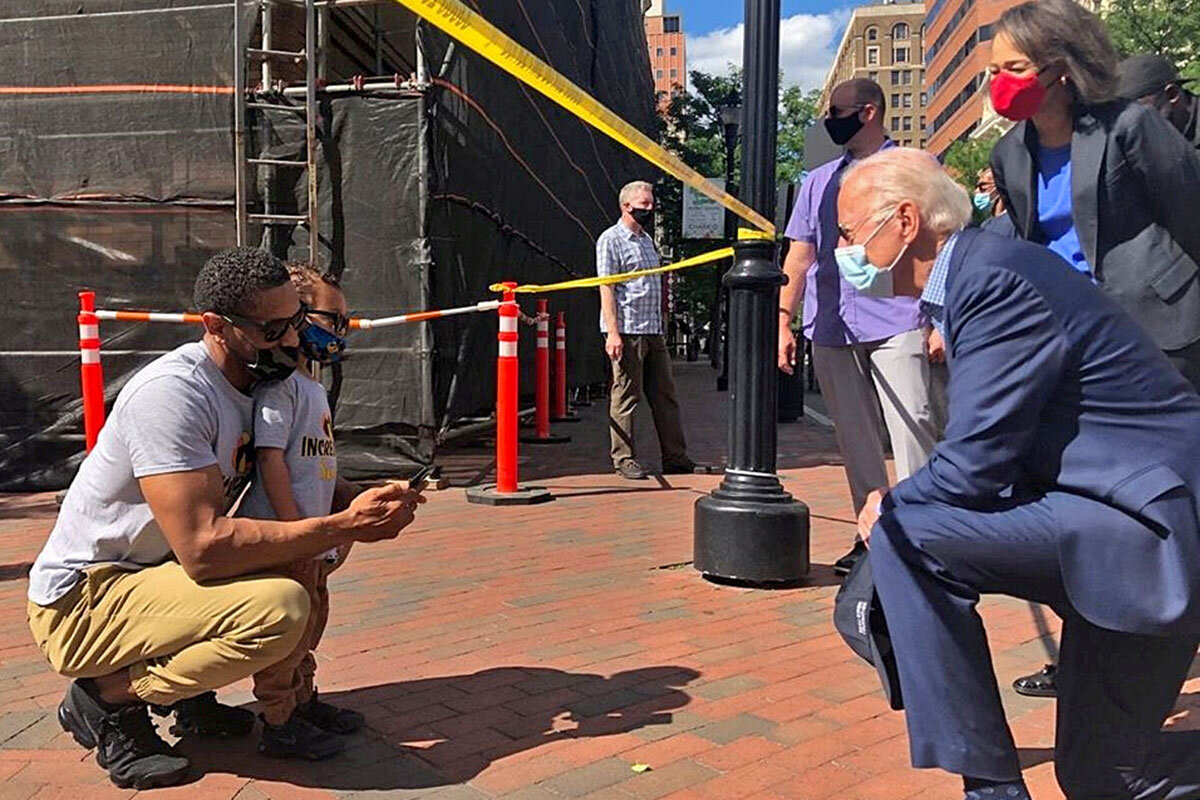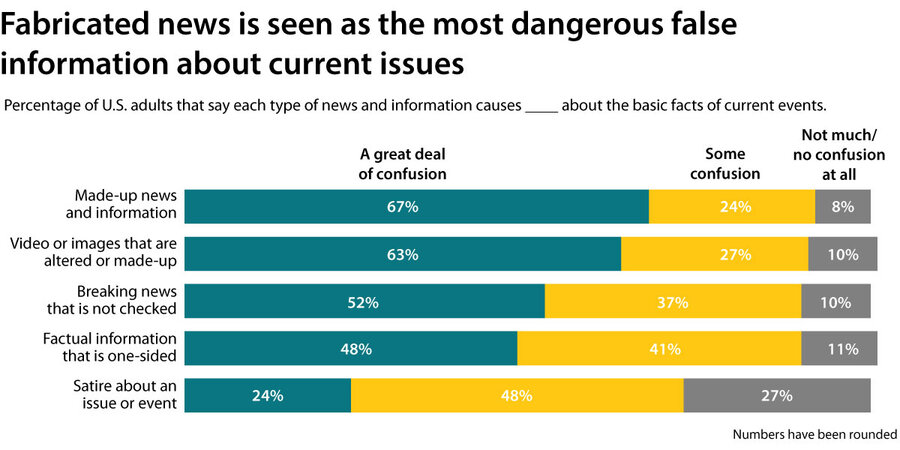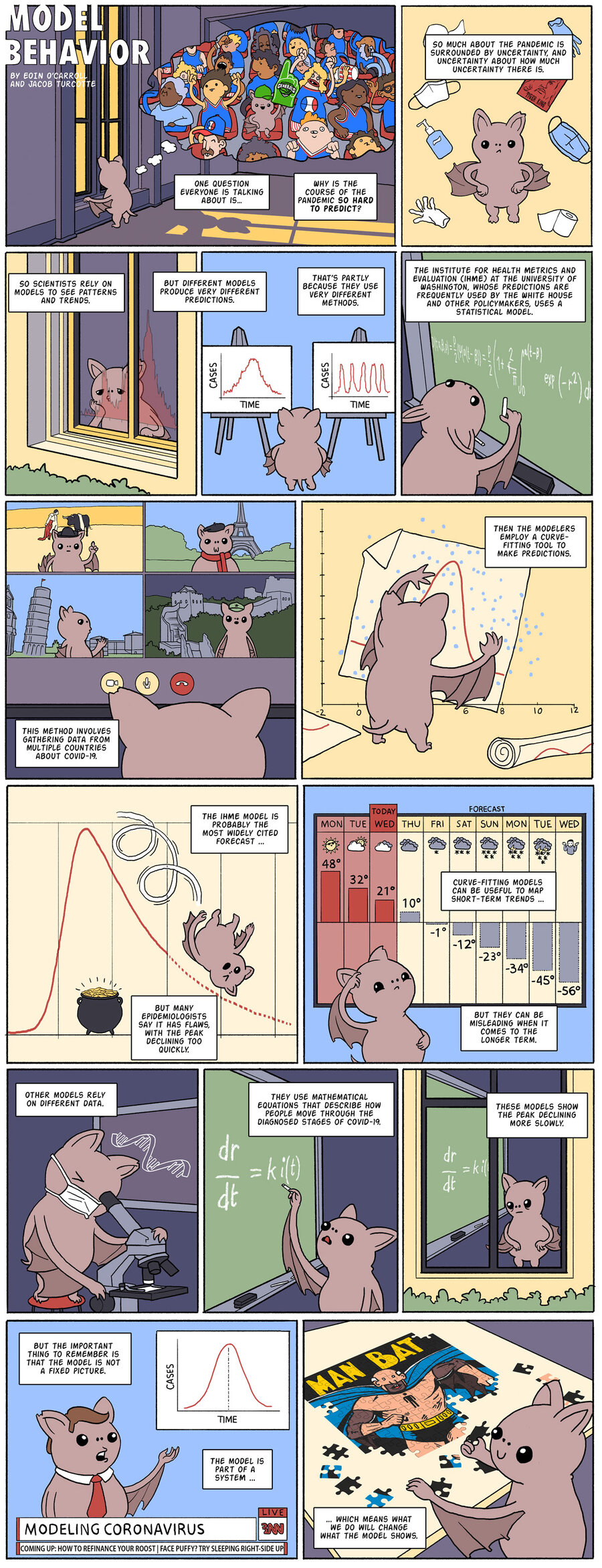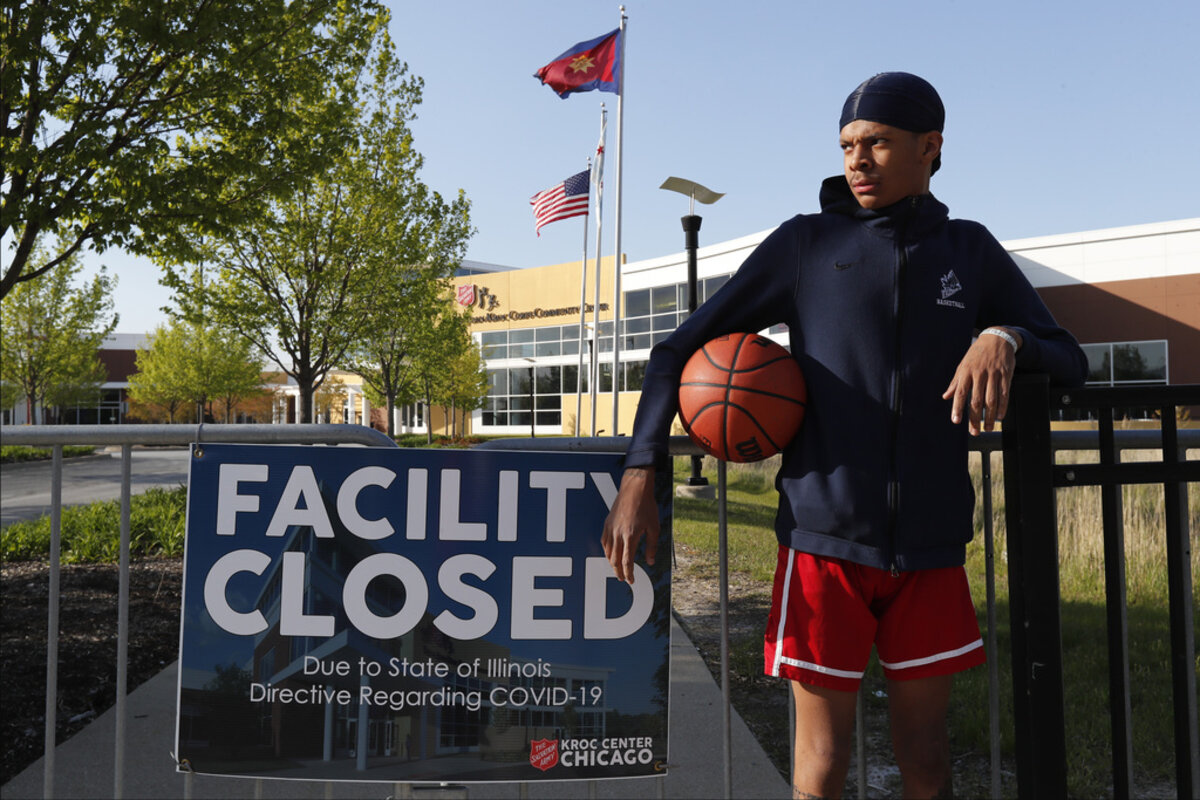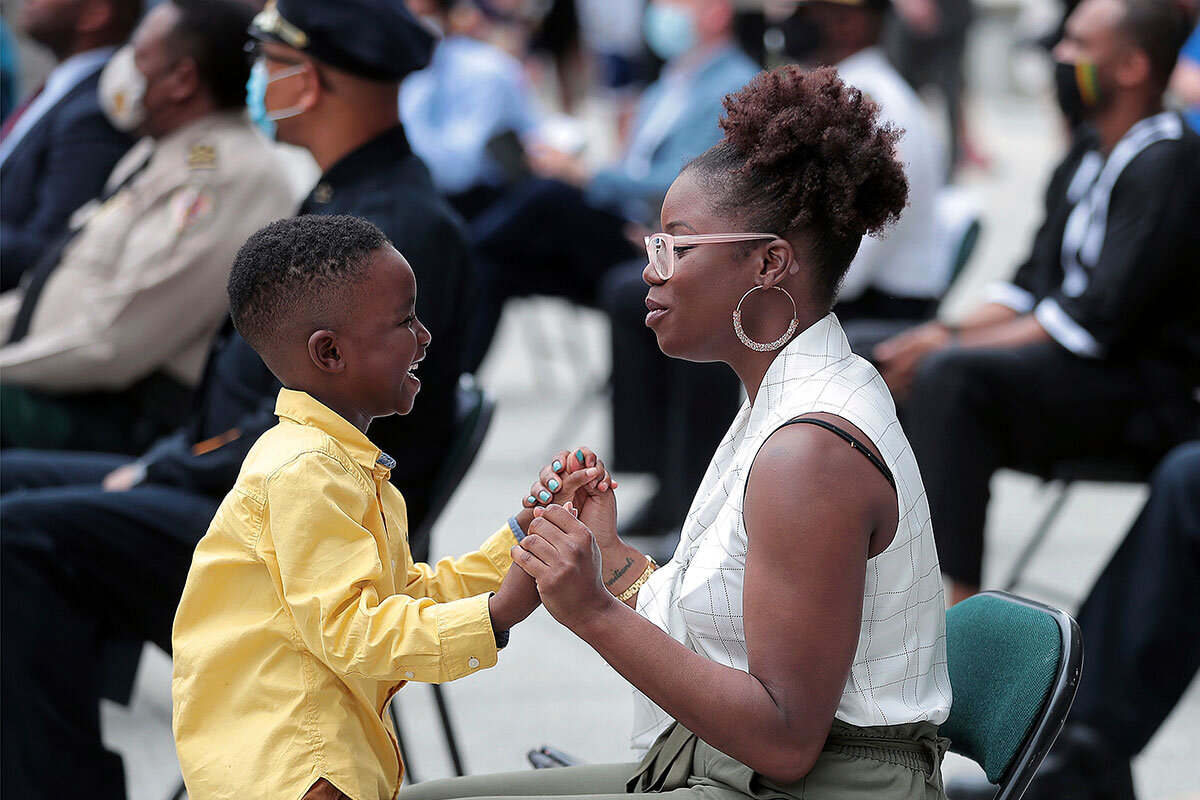Since March, when the United States and other countries went into lockdown, youth sports have been in a big timeout. The pandemic forced organized leagues to shut down. While some are resuming, in much of the U.S. they’re not likely to reappear until late summer, if then.
Can any good come from this lost spring and summer for team sports? It could.
It starts with recognizing what happened in their absence: Children have played catch with their parents or created informal soccer fields in their backyards. Families rode bikes together.
Such less-organized activities, it turns out, can be just as good for kids beyond the sheer fun. But that is no surprise: Children always have the ability to play – and find outlets for it.
The hiatus for team sports also provides an opportunity to ask a question: How could they better serve children and teens? And how can their benefits reach more children?
So-called youth travel teams, which offer competition at an elite level and prepare youths to excel in a particular sport, such as baseball, are expected to be among the last to return. They involve transporting youths long distances, sometimes to other states, where they come into contact with a whole new group of other youths and related adults.
These teams can be great for young athletes who want to push themselves to the limit. But they also are expensive, in some cases costing families thousands of dollars in fees, equipment, and travel expenses each year. These high costs often limit who is able to participate.
In general, families spent an average of $693 annually per child for each organized sport they play, according to Utah State University’s Families in Sport Lab. And in many families, each child may play two or more sports each year.
More troubling is the income gap between families whose children play organized sports and those who don’t. It keeps widening.
In 2012, about 24% of families with incomes of less than $25,000 per year reported their children engaged in no sports activity at all, according to the Aspen Institute, which studies youth sports. By 2018, that percentage had risen to 33.4%.
In contrast, in 2012 only 14.4% of families with incomes over $100,000 reported their children engaged in no sports activity. By 2018, that figure had shrunk to 9.9%, further widening the gap.
The Aspen Institute’s Project Play suggests a number of ways organized sports could be extended to more youths. They include creating more local in-town leagues that place fewer demands on families than travel teams.
In Tacoma, Washington, for example, enrollment in the city’s youth soccer league rose from 256 children in 2015 to 1,400 this year, a 450% increase. The secret: The programs now take place at the 36 local elementary schools, most within walking distance for children. That means parents aren’t needed to drive kids to every game or practice.
The most important consideration, perhaps, is remembering that sports should be a source of joy.
“Children will be life-long lovers of sport if they are allowed to have fun,” says one parent in a recent Aspen Institute report on the state of youth sports.
Through sports children and teens break barriers of limitation. They gain self-confidence as they master new physical skills. They make new friends and learn the value of working as a team.
The rewards of youth sports are too great to not seize this opportunity to improve them.
 Clayton Collins
Clayton Collins




